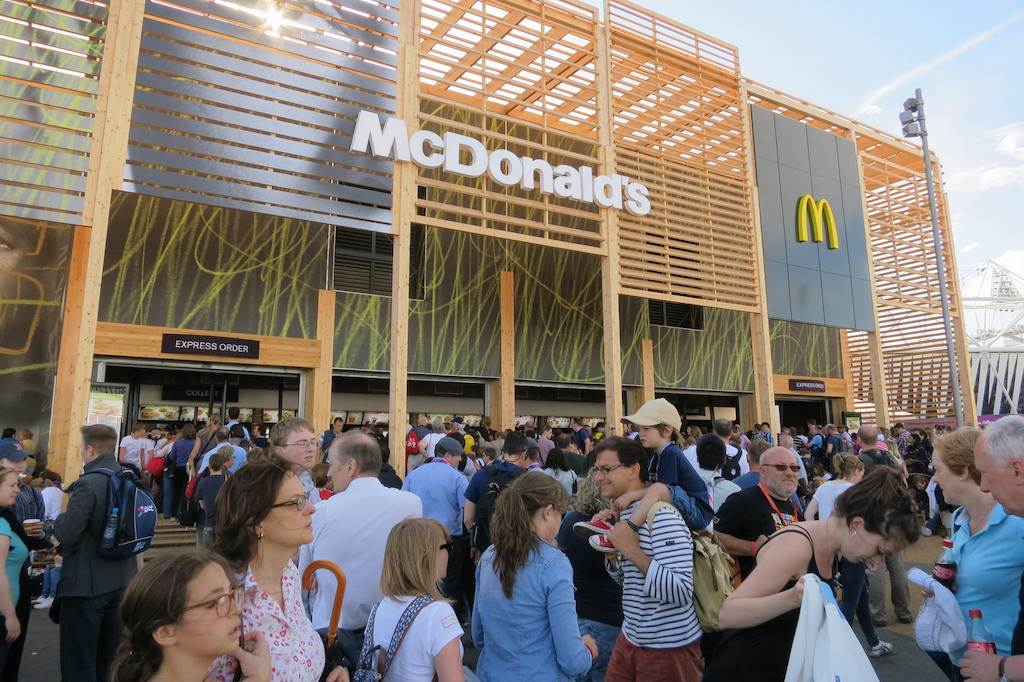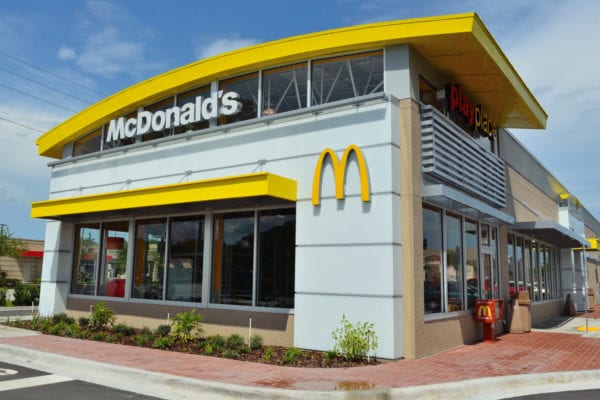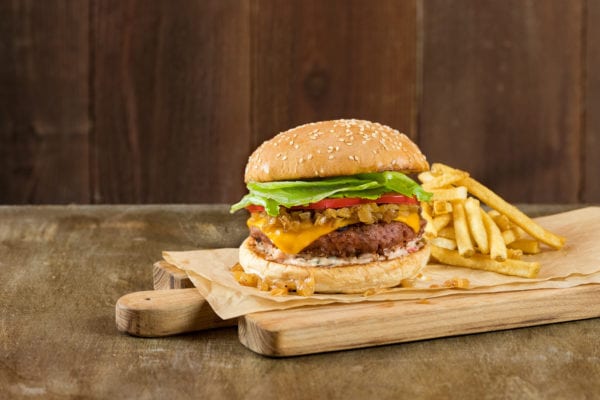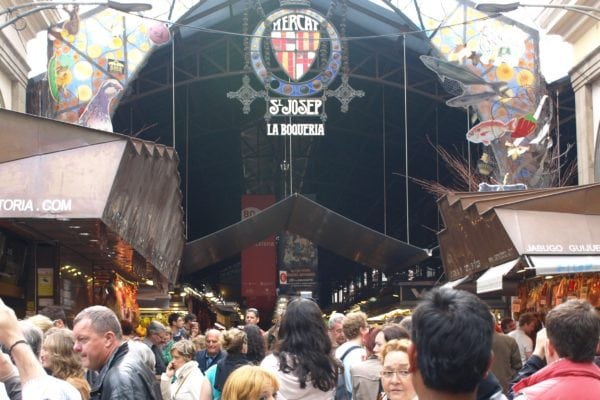Skift Take
McDonald's was smart. The changing nature of how we watch television and big events means that we need to change how we think about advertising.
— Jason Clampet
When the International Olympic Committee awarded the 2024 summer games to Paris and the 2028 games to Los Angeles, it created an unusual, if expensive, opportunity for corporate sponsors.
Typically, companies sign multiyear deals without knowing where the games will be held. This time, with the exception of the 2026 winter games, they’ll know exactly what they’re buying for the next decade: a pair of games from reliable hosts in two of the world’s richest markets.
“The presence of Paris and Los Angeles tells Western sponsors that the games are going to be really good in seven and 11 years,” says Rick Burton, a professor of sports management at Syracuse University and former chief marketing officers for the USOC. After six years in Asia (PyeongChang 2018; Tokyo 2020; Beijing 2022), the games will be returning to Europe and North America. “There will be a premium based on the games coming back to those two continents,” says Burton.
While the IOC maintains that its global sponsorships are a great value no matter where the games are played, it’s well aware of the opportunity that Paris and Los Angeles provide. “We have a very unique situation right now,” says Timo Lumme, the IOC’s managing director of television and marketing. “From my own perspectives, of course, that will be very positive for the commercial marketing side, because you’ve got two great cities in two very important markets.”
Of the IOC’s 13 global sponsors, only two of them — Alibaba and the Swatch Group’s Omega brand — have deals that carry them through the Los Angeles games in 2028. Seven, including longtime Olympic partners Coca-Cola, Visa, and Procter & Gamble, have deals that expire in 2020.
Base Price
The base price for a four-year cycle is roughly $200 million, according to Rob Prazmark, founder of 21 Marketing, which has helped the IOC evaluate its global sponsorship program. Some companies pay less — Alibaba is said to have paid roughly $800 million to sponsor six games over 12 years — and others pay more. When Toyota signed on for a sponsorship from a span of four games from 2017-2024, Japanese media reported that it paid a record $835 million.
Alibaba and Omega, who both signed deals earlier this year, likely secured an early-bird advantage. “My sense is that the leadership at both of those organizations probably saved millions by doing long-term deals,” says Burton.
With Los Angeles in the picture, says Prazmark, the current U.S.-based sponsors will be under increased pressure to extend: “Proctor & Gamble will have to think twice about whatever number the IOC comes in with because the U.S. is still the number one market for them.”
In June, McDonald’s dropped its sponsorship three years ahead of schedule, leaving an opening for another restaurant chain. The IOC, says Lumme, is currently reviewing its options. It may drop the category, making it available for National Olympic Committees to sell domestically or re-define it to better fit a different chain.
“The category was designed specifically for McDonald’s and that may not reflect the interest, exact footprint and industry activity of another player,” says Lumme. One constraint is that few restaurant brands are truly global. Only Subway, at 44,000, can claim more locations worldwide than McDonald’s at 37,000.
©2017 Bloomberg L.P.
This article was written by Ira Boudway from Bloomberg and was legally licensed through the NewsCred publisher network. Please direct all licensing questions to [email protected].
![]()





